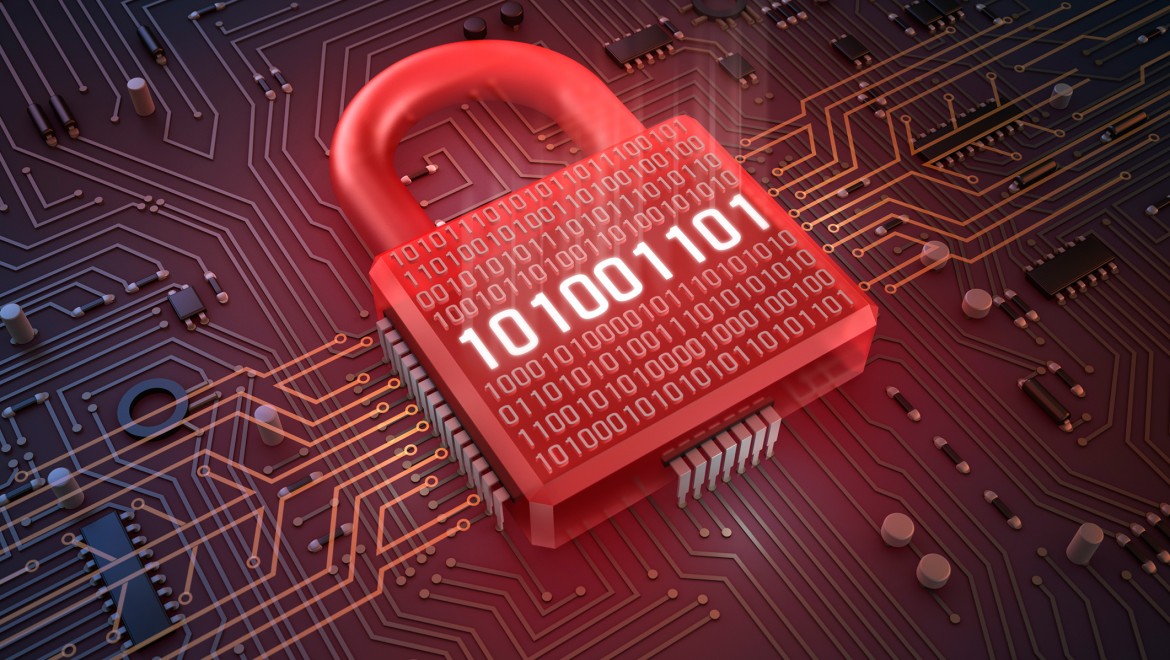The intelligence is the result product of the recollection, evaluation, analysis, integration, and interpretation of all available information, potentially significant and that allows its transformation in knowledge, so it is useful to decider in the moment of take its decisions with the lower level of uncertainty possible, following the intelligence cycle.
Cyberintelligence (Ciberinteligencia in Spanish or our service CYBINT®) is refers to the intelligence activities in the Cybersecurity process that is take care of analyze (intentions-opportunities of the cyberactors) and prevent, identify, localize, and attribute attacks or threats trough cyberspace.
It is an essential aspect today, as due to the presence in the cyberspace that have the organizations, exist a considerable risk for the business or even for the involved persons, whether workers or clients.
The services related with the cyberintelligence are very complex and varied, but all share the same final goal: assure the businesses welfare and the people related with them, also avoid any inconvenient that can harm them, either in lower or major measure. Coming up next we are going to discuss some aspects that should consider for applying cyberintelligence measures.
Principles characteristics of the cyberintelligence services
With the goal of provide a preventive model and the major security possible for an organization or a person, it is crucial that the services providers or cyberintelligence documents of identity collect the following requirements:
- Detail with a personalized approach the customer information (NI´s) needs.
- Exploitation capacity of the cyberspace information sources by the obtention organs and the delivery of that information for the intelligence production.
- The transformation of the information in intelligence through a multidisciplinary team with formation and abilities in analysis of intelligence and data science techniques to execute complex analysis of structured and not structured data in platforms and big volumns of information (big data).
- Information detailed about possible violations of intellectual propriety, as can be the robbery or falsification of the documentation of intern use, staff names, identification data, the earning number of some employed, design protection, material and formulas planted, company’s plains or any other type of confidential information.
- Knowledge to evade attacks through suspicious data and/or hidden.
- Effective and fast answer to crisis situations. This can include the disconnection of a specific service to prevent biggest damages or solved any other type of inconvenient under pressure.
- Communication in different languages, because being cyberspace, the attacks can happen from any part of the world and in any language.
- Uninterrupted service during the 24 hours of day and 7 days of week, so the attacks often take advantage of the inactivity hours to do its operations.
- Cyberinvestigation capacity (digital detectives) to the obtention and contribution of information, with forensic methodology for proofs and evidences.
- Elaboration of early alerts and detailed informs to communicate properly, with the object of reduce the uncertainty in the process of the take of decisions.
- Cyberdefense measures to the absolute protection against the threats to leaders or directive team, responsible of companies and public or private organizations. Exist cases in which the privacy of high ranks have been invaded to the point of obtain family members information and stalk or even kidnap the children sod some boss to obtain some benefit exchange.
This is only a standard list that can be used as reference, because result impossible joins up all the actions that should execute in a mature cyberintelligence service and specific client in particular.
The cyber risks and the cyberthreats move very fast, and malicious actions are created at the same time. For that it is essential that all cyberintelligence professional be obligated to learn new and actualized practices.
For last, the success of an actuation that assures prevention, protection and security of a client (intern or extern) not only depends of the technical knowledge, but the human factor and its mental control, attitude and reaction capacity of the expert or professionals team that are taking care of it.
 investigative
investigative 
